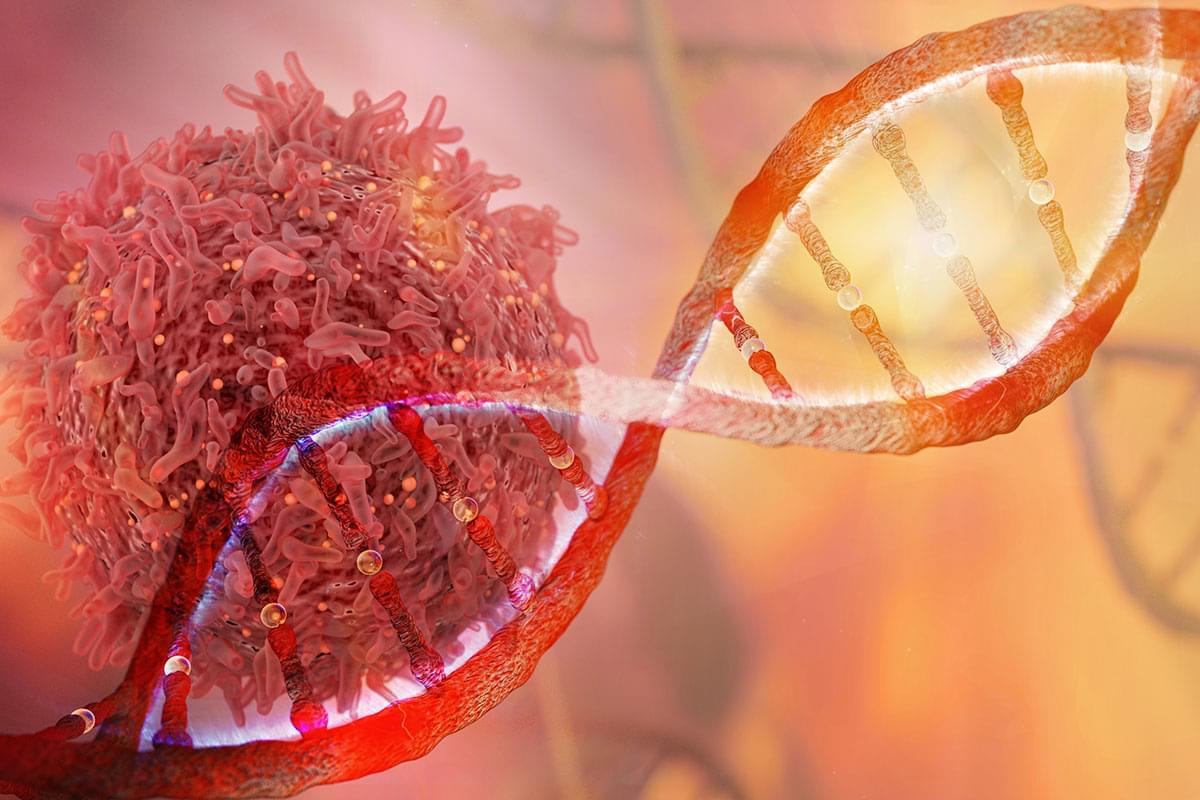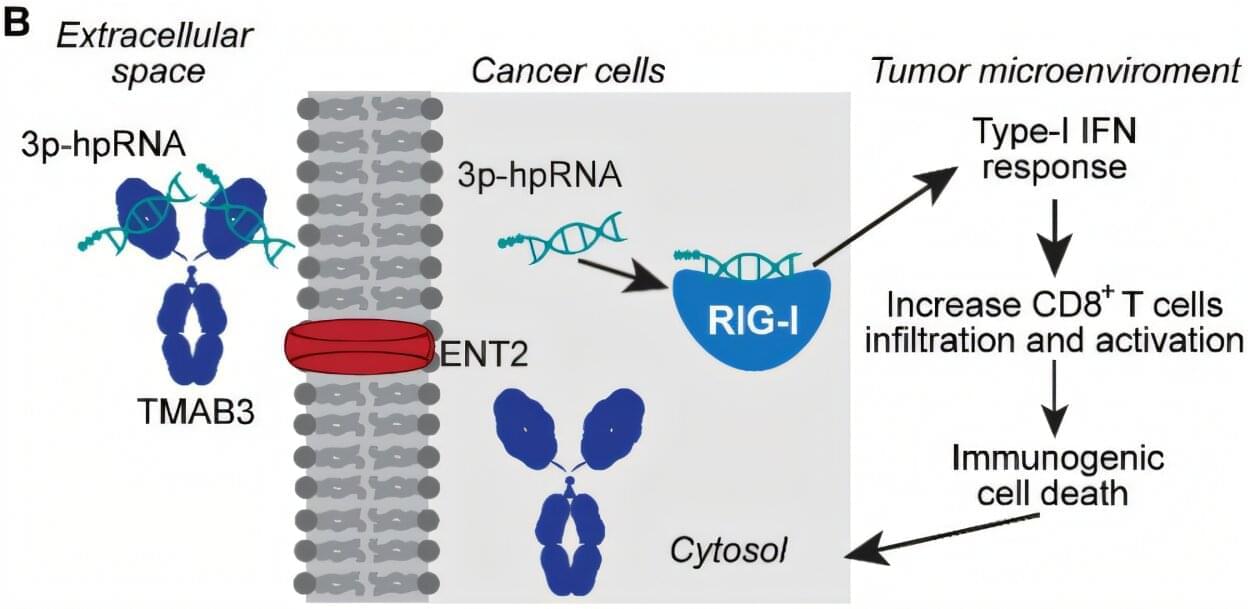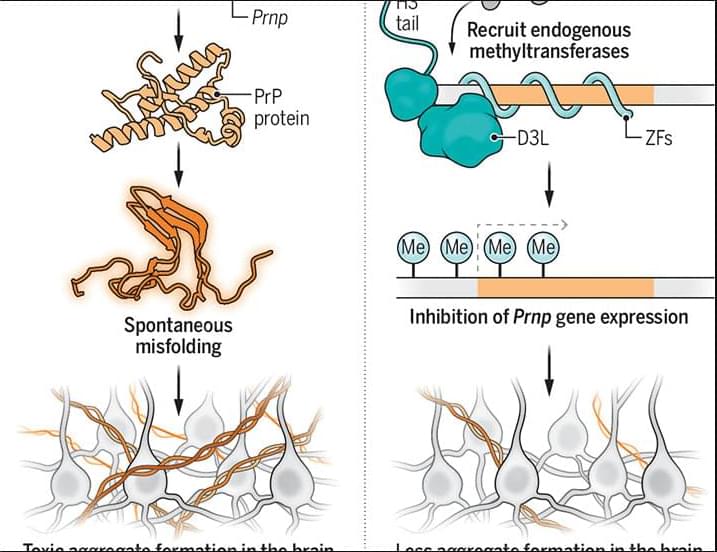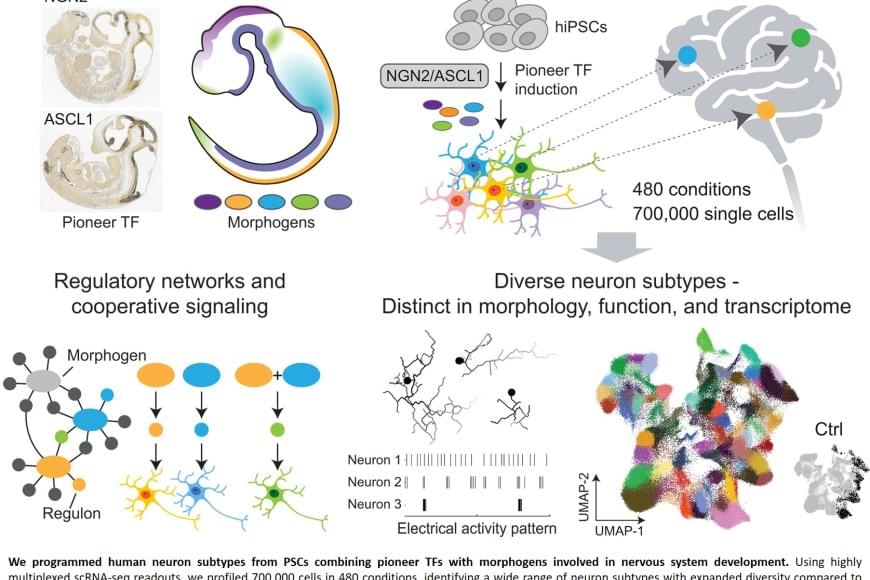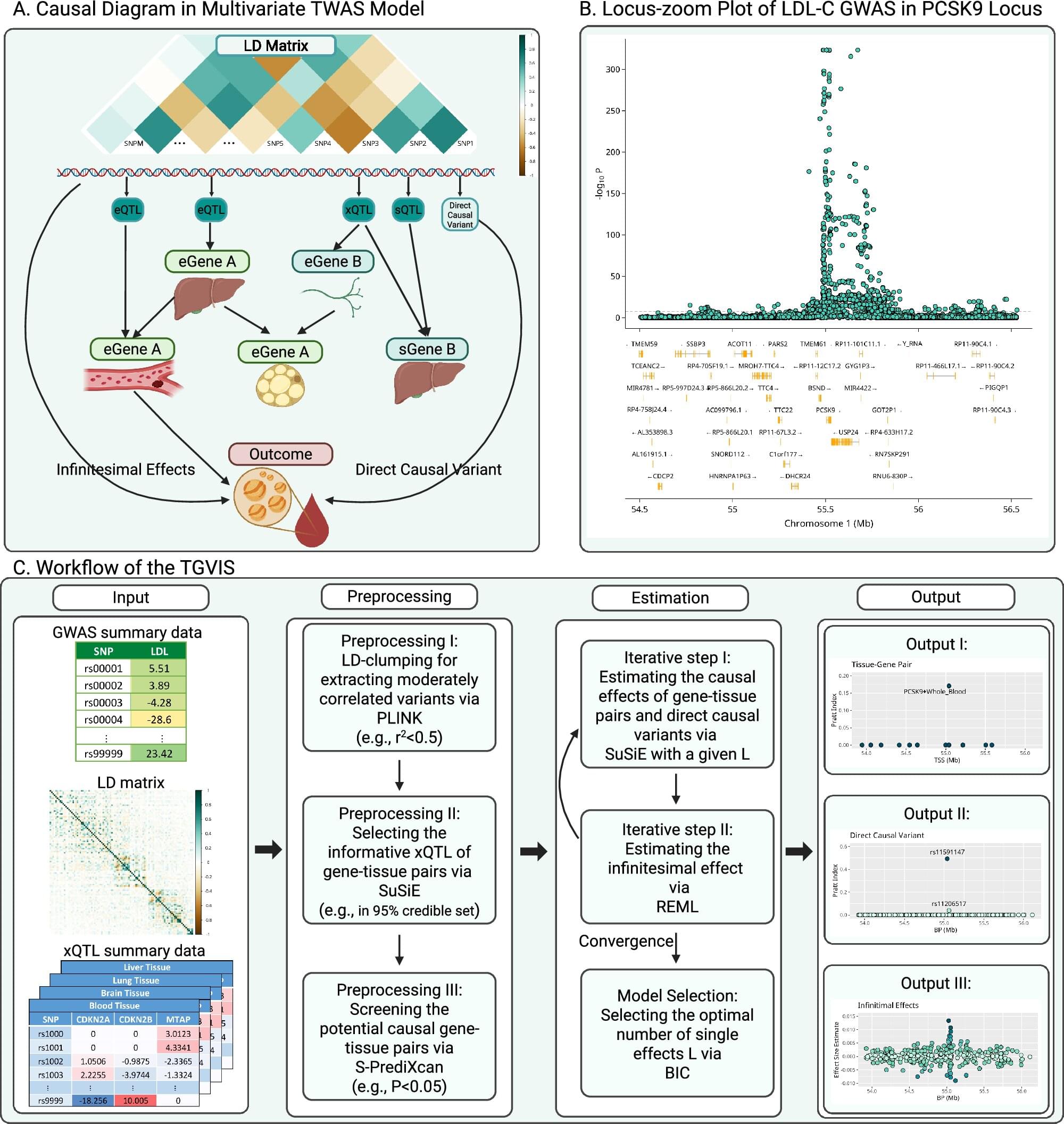Flinders Health and Medical Research Institute researchers, along with colleagues in the UK and U.S., have linked brighter night-time light exposure to elevated risks of five major cardiovascular diseases.
Circadian rhythms govern fluctuations in blood pressure, heart rate, platelet activation, hormone secretion, and glucose metabolism. Long-term disruption of those rhythms in animal and human studies have produced myocardial fibrosis, hypertension, inflammation, and impaired autonomic balance. Previous research efforts relied largely on satellite-derived estimates or small cohorts using bedroom or wrist light sensors, leaving personal exposure patterns uncharted at population scale.
In the study, “Personal night light exposure predicts incidence of cardiovascular diseases in 88,000 individuals,” posted on medRxiv, researchers conducted a prospective cohort analysis to assess whether day and night light exposure predicts incidence of cardiovascular diseases and whether relationships vary with genetic susceptibility, sex, and age.

